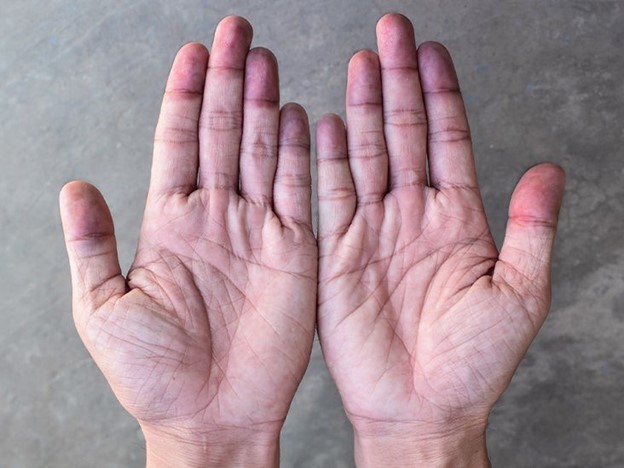Question 26.
A nurse is caring for a 2-year-old toddler.
Which of the following food choices should the nurse recommend to promote independence in eating?
Popcorn
Grapes
C. Banana slices
D. Hot dog
The Correct Answer is C

Banana slices are soft, easy to chew, and can be picked up by the toddler’s fingers, which promotes independence in eating. According to the CDC, foods that toddlers should avoid include:
- Added sugars and no-calorie sweeteners, such as sugar-sweetened and diet drinks
- High-salt foods, such as canned foods, processed meats, frozen dinners, fast food, and junk food
- Unpasteurized juice, milk, yogurt, or cheese
- Foods that may cause choking, such as hard or crunchy foods, sticky foods, stringy cheese, and foods that are not cut up into small pieces
Choice A is wrong because popcorn is a choking hazard for toddlers.
It is hard, crunchy, and can get stuck in the airway. The NHS advises not to give whole nuts and peanuts to children under 5 years old.
Choice B is wrong because grapes are also a choking hazard for toddlers.
They are round, slippery, and can block the airway. The NHS recommends cutting grapes into quarters before giving them to young children.
Choice D is wrong because hot dogs are high in salt and can cause choking if not cut up into small pieces. The Extension warns against giving hot dogs to young toddlers.
Nursing Test Bank
Naxlex Comprehensive Predictor Exams
Related Questions
Correct Answer is D
Explanation

Cyanosis is a bluish discoloration of the skin and mucous membranes due to inadequate oxygenation of the blood. It is more difficult to detect in people who have dark skin, so the nurse should look for cyanosis in areas where the skin is thinner and the blood supply is richer, such as the palms of the hands, the lips, the gums, and around the eyes.
These areas are less affected by melanin, the pigment that gives skin its color.
Choice A is wrong because an area of trauma may have bruising or inflammation that can mask cyanosis.
Choice B is wrong because the sacrum is not a good site to assess for cyanosis in any skin tone, as it is prone to pressure ulcers and poor circulation.
Choice C is wrong because the shoulders are not a mucous membrane and may have more melanin than other areas of the body.
Correct Answer is A
Explanation
Answer and explanation.
The correct answer is choice A. A nontender, protruding abdomen is a normal finding for a 2year-old toddler. This is due to the immature development of the abdominal muscles and the relatively large size of the liver and kidneys in relation to the rest of the body.
Choice B is wrong because the head circumference should be equal to or less than the chest circumference by age 2. A head circumference that exceeds the chest circumference could indicate hydrocephalus or other neurological problems.
Choice C is wrong because the fontanels, or soft spots on the skull, should be closed by age 18 months. Palpable fontanels could indicate dehydration, malnutrition, or congenital disorders.
Choice D is wrong because the natural loss of deciduous teeth, or baby teeth, usually begins around age 6. Premature loss of teeth could indicate dental caries, trauma, or endocrine disorders.
Whether you are a student looking to ace your exams or a practicing nurse seeking to enhance your expertise , our nursing education contents will empower you with the confidence and competence to make a difference in the lives of patients and become a respected leader in the healthcare field.
Visit Naxlex, invest in your future and unlock endless possibilities with our unparalleled nursing education contents today
Report Wrong Answer on the Current Question
Do you disagree with the answer? If yes, what is your expected answer? Explain.
Kindly be descriptive with the issue you are facing.
